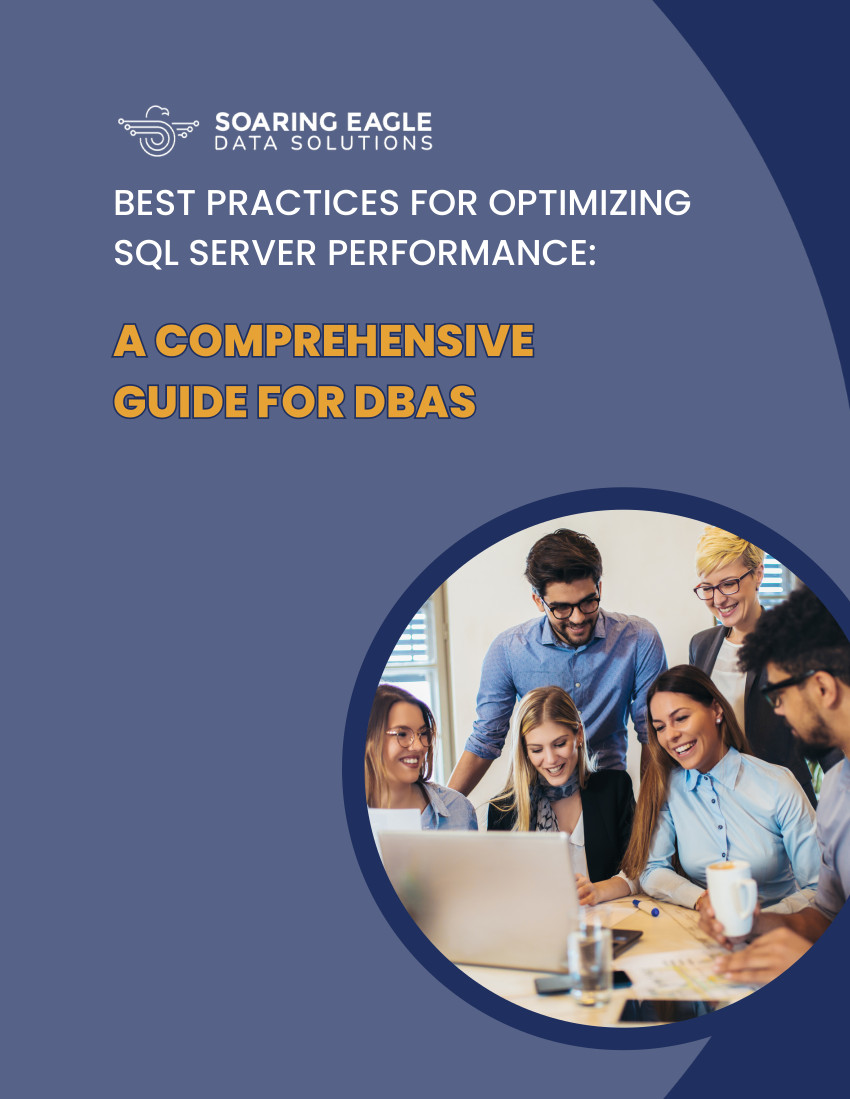
There are new perspectives on the benefits of managing multi-platform database systems, even though the challenges are new, and sometimes radical.
Both in large and small organizations, DBAs are under pressure to comply with the sudden changes in database technology while ensuring the best performance and stability for their entire environment.
More Databases Types
Due to a plentiful array of business scenarios, companies are now adopting more databases types. DBAs have to rise to the occasion and manage different databases that do not behave in the same way. DBAs that are specialists in one database platform will have to implement that hard-earned expertise to newer platforms.
In order to accurately control a cross-platform environment, it’s essential to comprehend the basics required to guarantee database availability. If general availability and disaster recovery are completed, DBAs should advance to more complex tasks, such as performance tuning and ensuring security.
Considerable Opportunities
As businesses deploy more sensors, applications, and customer channels, the variety of source data is driven up. An extensive and infinite range of unstructured and multi-structured data types are joining relational and other structured data types. Thankfully, multi-platform data systems provide options for rapidly diversifying data, and their business uses.
Many companies extend their usage of analytics, reports, and data-driven business monitoring, with different and individual requirements for data capture, storage, processing, and delivery, which call for diverse data platforms and complementary tools.
Large, complex, and hybrid multi-platform database systems are already standard in data warehousing, analytics, the digital supply chain, IoT, and other data-driven company programs.
Maximize Effectiveness by Leveraging Multi-Platform Synergies
By providing critical employees with third-party multi-platform data can help a business take a broader look at its current and potential impact. This type of holistic method can help build an ecosystem that promotes a ‘surround sound’ approach.
For many businesses, the changes in data and its management are driving up the scale, scope, and complexity of modern data ecosystems. Data management professionals also face the new opportunities these new changes embrace, such as new data-driven practices, especially those for big data and advanced analytics.
Contact Soaring Eagle Consulting for a Free Database Evaluation Today
Getting started is simple. Click the button below to request your free one-hour database assessment from the DBA experts at Soaring Eagle Consulting®.



